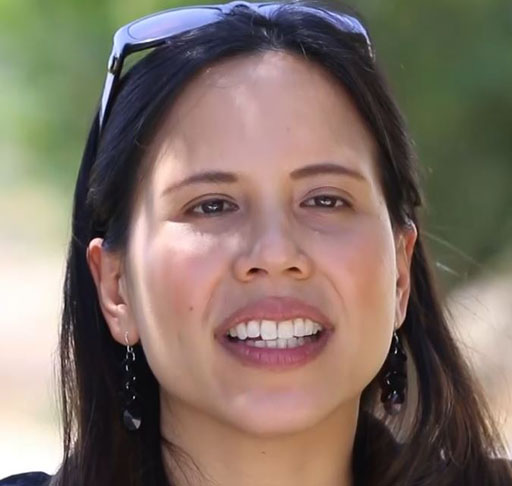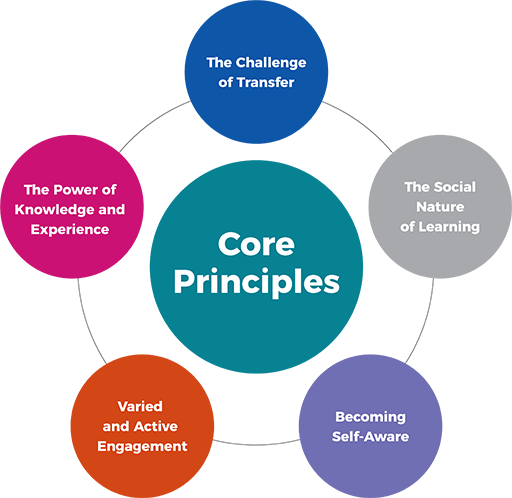Use 'Print preview' to check the number of pages and printer settings.
Print functionality varies between browsers.
Printable page generated Thursday, 19 February 2026, 4:11 PM
Introduction
Why study this course?
This course provides an accessible and engaging introduction to the teaching methods and ethical concepts that underpin university modules on Anti-Corruption and on Integrity and Ethics that were developed by the United Nations Office on Drugs and Crime (UNODC) under its Education for Justice (E4J) initiative.
It draws on material in the following links to create an interactive summary for university lecturers interested in developing their integrity curriculum:
Completing this course will increase your confidence and capacity to make the most of the E4J resources and, in doing so, enable you to enrich the anti-corruption, integrity and ethics teaching in your institution.
Course learning outcomes:
understand the Education for Justice (E4J) initiative and how it can be adapted for your own teaching
implement ways to foster an ethical learning environment
apply educational theories that unpin the creation of the E4J Modules
use the E4J exercises and case studies in your teaching to promote high quality anti-corruption, integrity and ethics education.
Knowledge assessment and a digital badge
At the end of the course there is an optional knowledge assessment. This a great way to check your understanding of what you have learned in this course and a chance to obtain your Open University digital badge. Full details on the assessment and the badge are given in the Conclusion section.
What is the E4J initiative?
The United Nations Office on Drugs and Crime (UNODC) launched the Education for Justice (E4J) initiative in 2016. It forms part of its Global Programme for the implementation of the Doha Declaration on integrating crime prevention and criminal justice into the wider United Nations agenda to address social and economic challenges and to promote the rule of law at the national and international levels, and public participation.
You can learn more here about the E4J initiative.
The E4J Modules on Anti-Corruption, Integrity and Ethics
The E4J initiative seeks to integrate rule of law topics into the curricula of universities and schools worldwide by creating teaching materials that educators can use in class. As part of these efforts, E4J developed 14 University Modules on Anti-Corruption (referred to in this course as E4J Anti-Corruption Modules) and another 14 University Modules on Integrity and Ethics (referred to in this course as E4J Ethics Modules) and a Teaching Guide with additional pedagogical guidance A list of academics and experts who contributed to the development of the Teaching Guide and the University Modules can be found on this UNODC Acknowledgements page.
Watch this video which provides an overview of the E4J Integrity and Ethics Modules.

Transcript
Helping people learn
In this video James Lang introduces the E4J Teaching Guide.

Transcript
Learning principles
There are five core learning principles that can be used to guide the creation of any type of learning environment, from a full traditional university course to a single learning session within a larger context:

Subsequent units of the course will address each of these principles in more detail.
The Modules use innovative interactive teaching methods such as experiential learning and group-based work. These methods keep students engaged, help them develop critical thinking skills and ethical decision-making capabilities, and motivate them to become committed to ongoing ethical improvement. This course allows you to reflect on how you can use these innovative teaching methods in your own teaching.
The Modules are freely available on the E4J website. UNODC offers them as open educational resources (OER) to assist lecturers in preparing and delivering university classes on integrity and ethics. Users may visit the E4J website and download and copy the information, documents and materials for non-commercial use.
This ToT course uses material largely drawn from the E4J Teaching Guide and selected E4J modules to provide an accessible and engaging overview of the E4J materials that will increase your confidence and capacity to adapt the resources for the needs of your own students.
How we learn
The past several decades have seen an explosion of new research on how human beings learn. That research has taught us that human beings are, as anthropologist Susan Blum has written, “born to learn” (Blum, 2016, p. 3).
We begin learning in our infancy and can continue to do so throughout our life span. However, while learning comes naturally to us, teaching does not. Indeed, helping another human being to learn turns out to be a very complex challenge, one that has given rise to a rich field of educational theory.
Most university lecturers spend their own student years mastering their disciplinary knowledge, and do not have the opportunity to study that body of educational research. They usually can draw upon their experience as learners, as well as their early experiences as teachers, to develop effective teaching strategies.
However, opportunities to reflect upon the educational process, even after one has gained experience as a teacher, can still prove helpful in developing new ideas or improving one’s existing practice.
Teaching methods
The Modules in this series, and especially the teaching materials and activities that can be found in each of them, align with some core learning principles from educational theory research. These principles help provide a theoretical grounding for the teaching methods recommended in the Modules.
Just as we want students not only to practice ethical behaviour but also to understand the principles that guide such ethical behaviour, we wanted to make explicit the educational principles that provide a foundation for the activities you plan for your students.
Even, if choosing not to use the recommended teaching activities, you can use the learning principles to create and structure learning activities that might be especially appropriate for a particular context.
Reflection on approaches
There are over 130 interactive exercises in the E4J Anti-Corruption, Integrity and Ethics Modules and we have selected seven of these to highlight how they can help you engage and challenge your students.
In the graphic below we showcase these seven exercises, which are typical examples of the interactive pedagogy utilised in the Modules.
Click on each circle to view the activities.
We hope you found these seven examples interesting and that they have stimulated you to reflect on why these approaches are appropriate and useful for the teaching of ethics and integrity. Consider these questions:
Do you already use these types of approaches?
How might you adapt these resources for use with your students?
This course is designed to explore the interactive pedagogy that is available to you for the teaching of ethics and integrity, and provides ideas and insights to help you adapt and make good use of the materials in your particular context.
Today's News
We have also selected an eighth example from the exercises available to you which illustrates the interactive approach they adopt. This exercise is called Today's News and is from Ethics Module 3, Ethics and Society. The following activity will provide an overview of the activity and invite you to engage with elements of it from the student's perspective.
Introduction activity: Today's News
Part 2 – Selecting one news story
After making notes about the stories, form a small group (or groups) to discuss and share the examples each person has found. Spend about 10 minutes on this discussion.
The group is then required to select one story from all of those presented and be prepared to explain why they made that choice. In a classroom situation, each group would be asked to present their selection, with reasons, to the class as a whole.
Allow about 15–30 minutes in total for this feedback depending on the number of groups.
Part 3 – Lecturer guidelines
In a classroom situation, have one example ready to illustrate what is required. Here are a few examples that could be useful:
articles about legislation to protect consumers or the environment
articles about measures to accommodate refugees
articles that promote anti-corruption.
Demonstrate clearly what the ethical component is in the example and instruct groups to look for similar relationships when they select examples to share with the class.
When groups present to the class, you should use a flip-chart or board to capture the main issues.
In the next section you will explore the learning principles that underpin the power of prior knowledge and experience
Go to Unit 1: The power of prior knowledge and experience now.
